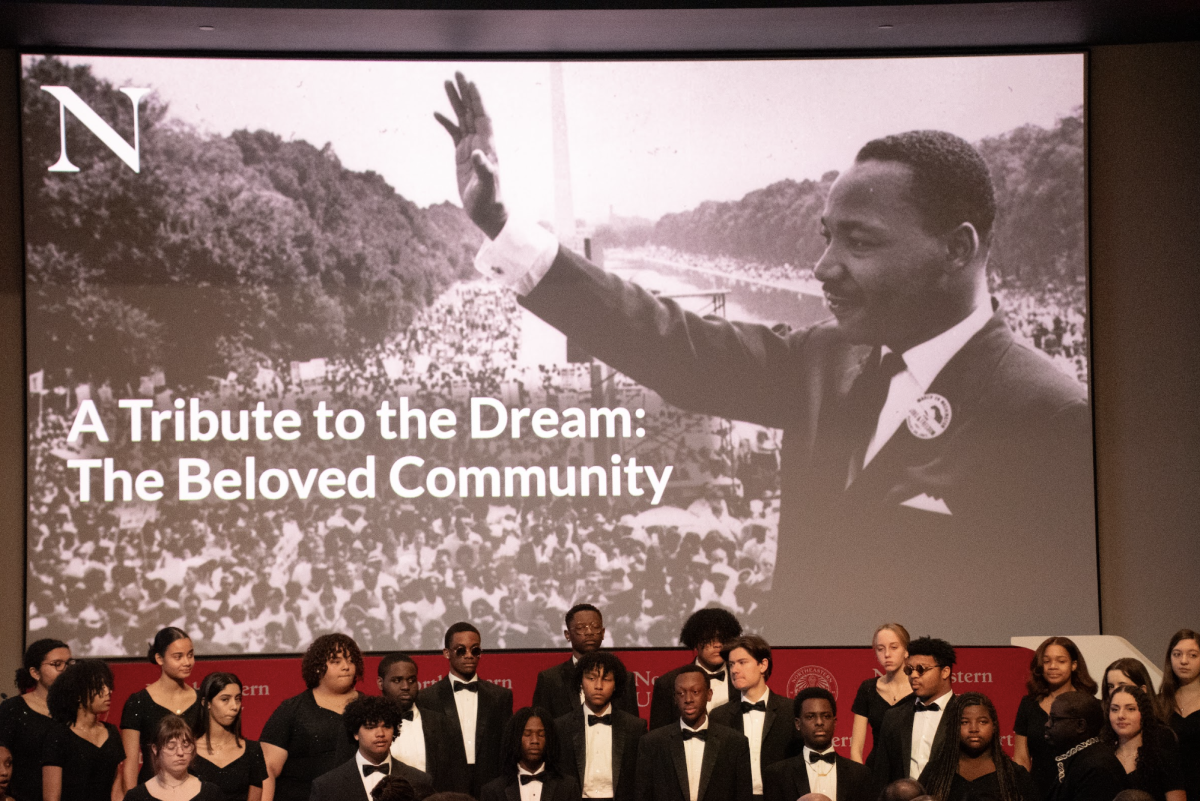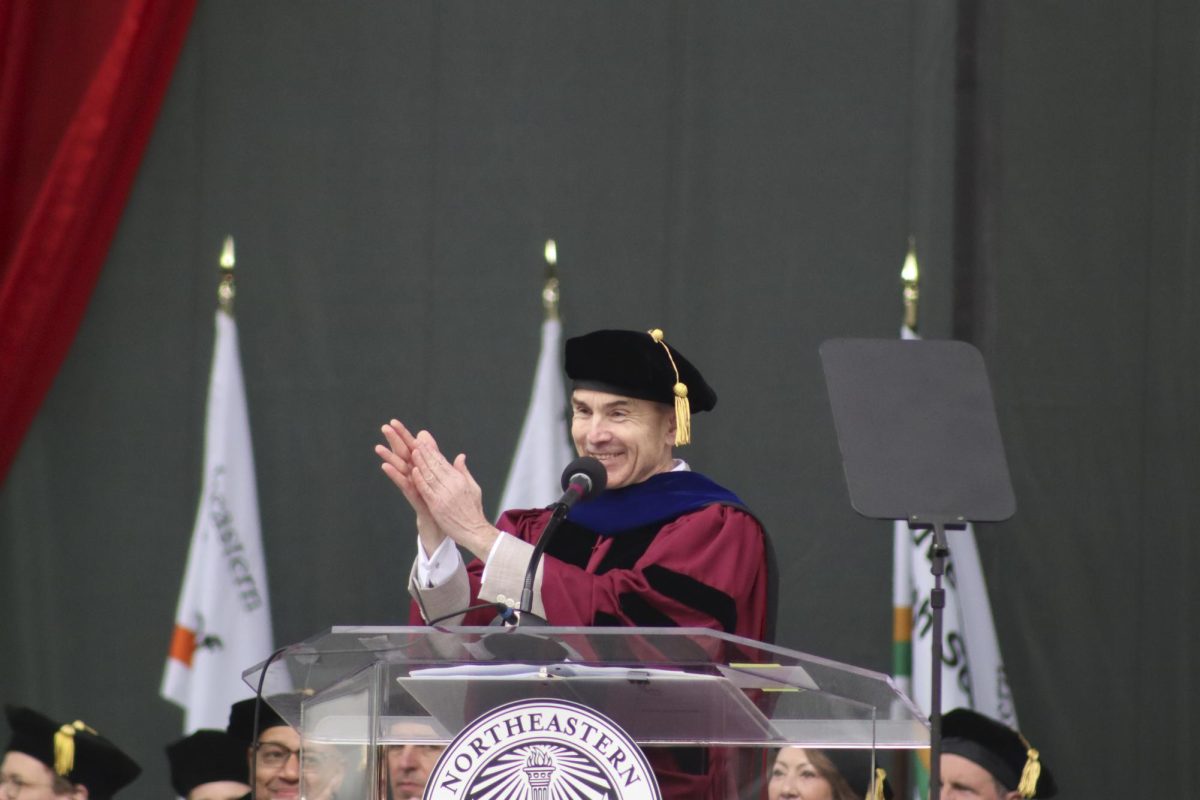By Gal Tziperman Lotan, News Staff
Tempers flared Tuesday when city officials, community members, college students and university officials debated whether universities should be required to report the addresses of students living off campus, at the public hearing for the proposed ‘University Accountability’ ordinance.
The reports, which would be due 45 days into each semester or quarter, would include the names and addresses of undergraduate students living off-campus, as reported by the students. City Council president Mike Ross proposed the ordinance to help enforce the ‘No More Than Four’ ordinance he proposed last year, which prohibits more than four undergraduate students living together. The City Council passed ‘No More Than Four’ unanimously last March.
The four students who gave public testimonials during the hearing were all Northeastern students.
Northeastern spokesperson Mike Armini said the school has not calculated how much the new ordinance would cost the university in manpower.
During Tuesday’s public hearing, Ross said enforcing ‘No More than Four’ will help ensure students can stay in Boston after graduation.
‘When you graduate from these schools, you won’t have a place to move into here in the city of Boston,’ Ross said. ‘It’s just going to be student housing forevermore.’
City Councilor Mark Ciommo, who represents Brighton, said some large student houses are a nuisance in his neighborhood, and profit-driven investors are part of the cause.
‘I think these investors take advantage of the students and take advantage of the communities that host these universities,’ he said. ‘We’re not here to bash students, we’re here to find solutions that will actually benefit students and the families.’
In a PowerPoint presentation, Ross showed that of 74,996 undergraduate students in Boston, 18,764 live off campus. Ross said an average of 48 percent of students in the city’s colleges live off campus.
A review of Ross’ numbers, however, showed 25 percent of Boston undergraduate students live off campus.
Calls to Ross’ office for clarification of the percentages were not returned.
At the hearing, Student Government Association President Rob Ranley said the proposed ordinance could be ineffective because information students provide could be unreliable.
‘Focusing on university accountability isn’t the best approach to enforcing the policy,’ he said. ‘It might be more warranted to look more specifically at the landlords and sanctions against violating the policy.’
Jeff Doggett, Northeastern’s director of government relations and community affairs, said the proposed ordinance may violate federal regulations protecting the privacy of students.
‘The university is committed to working with the City Council to maintain Federal Family Educational Rights and Privacy Act (FERPA) protections for our students and, at the same time, enhance the protection afforded all residents under the existing zoning law,’ Doggett said at the hearing.
Ross said the ordinance would not violate FERPA, but officials from other schools, including Emerson College, said it would.
The Inspectional Services Department, which is responsible for enforcing the ordinance, has yet to receive any complaints about more than four students living together partly because leases signed before the ordinance passed were grandfathered in, commissioner William Good said.
The new ordinance will clarify currently undefined enforcement methods, he said.
Community members and organizers spoke in favor of the proposed ordinance.
Rich Johnson, president of the Community Alliance of Mission Hill, said three of the 12 houses on his street are occupied by their owners.
‘It’s not a fight against students, it’s a fight against the group of property owners who have no concern for our community, whose primary motivation is profit, and whose primary practice is negligence,’ he said. ‘I think we need to use every tool in the toolbox to fix this problem, and this proposal is one way that the universities can help.’
Brian Droney, a Northeastern junior and member of the Sigma Phi Epsilon fraternity, said the city should work to better apartments, not persecute students.
‘When you live in a nice place, you don’t want to trash it, you don’t want to disrespect it,’ he said. ‘If it’s not about the students, I would suggest that the city start going after the apartments and making sure that they are up to code.’
Droney said he and 15 of his friends coach little league baseball in Mission Hill during the spring and summer, which gives him a sense of belonging.
‘We feel that we are a part of the community,’ he said.
‘








